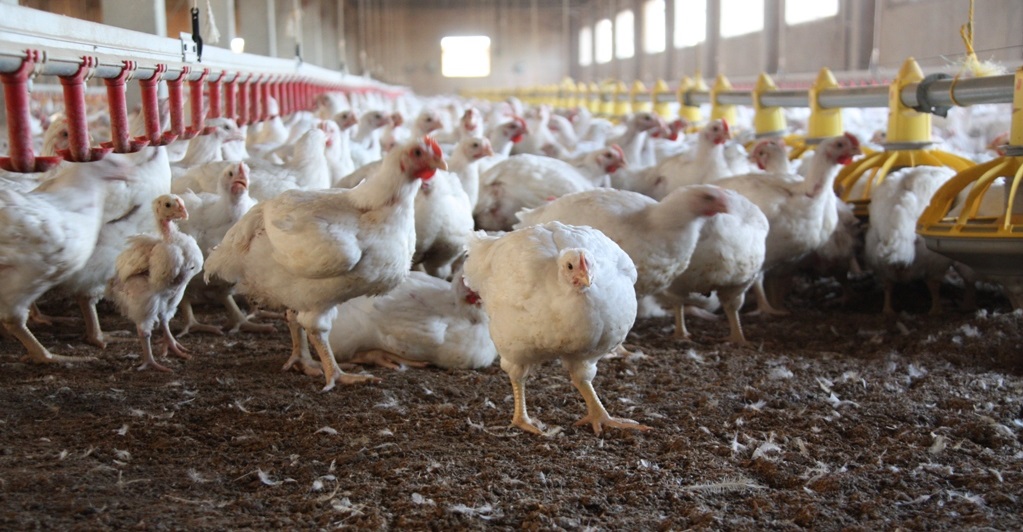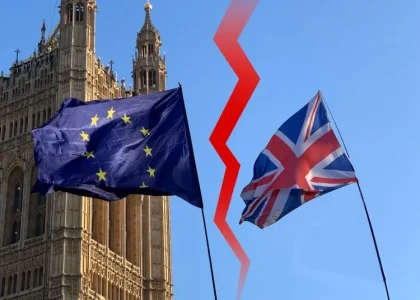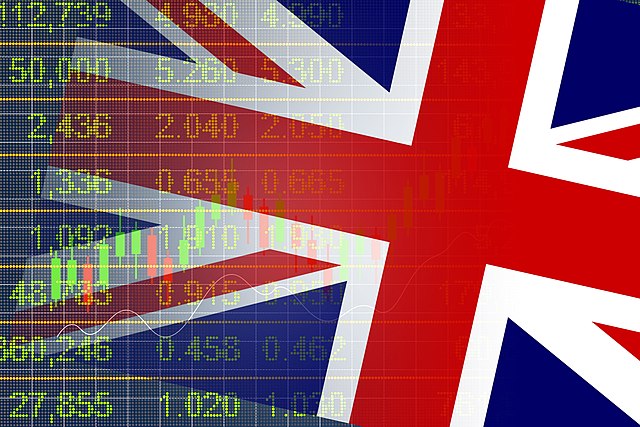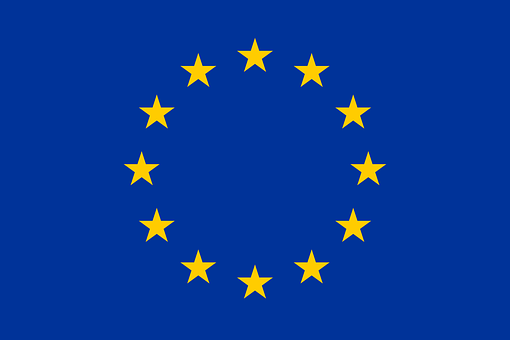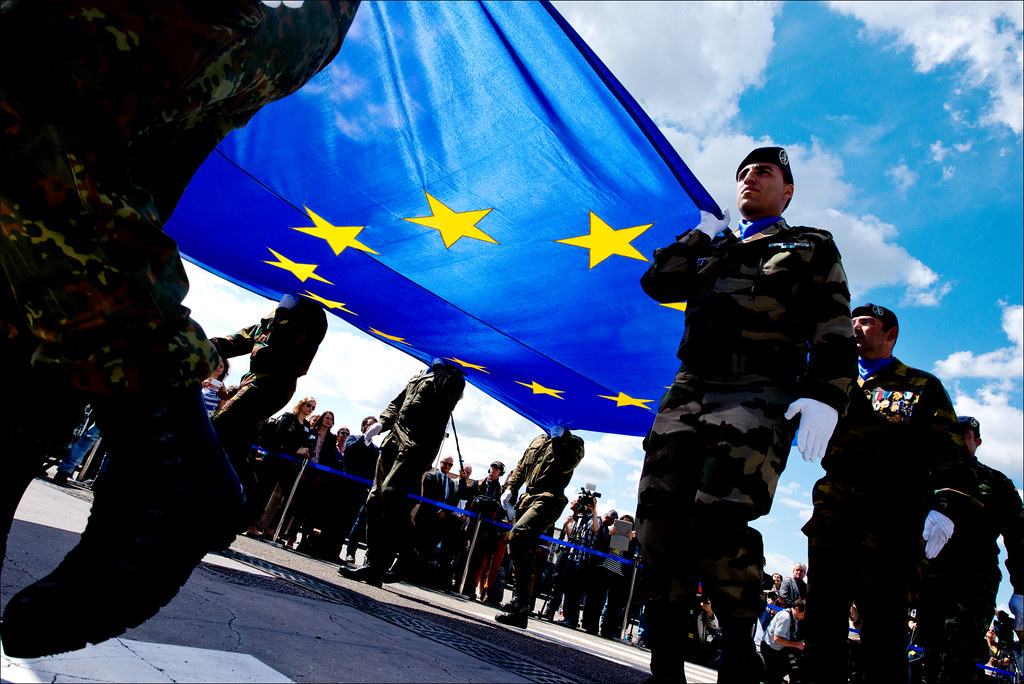Since ‘Leave’ won the referendum, there have been advocates for a close trade relationship with the USA. This raises questions about the future of Britain’s food and animal health policy now that it has left the EU and the Single Market. ‘Chlorinated chicken’ became the flagship issue, but it does not end there.
‘Chlorinated chicken’ designates a technique used in the US, which consists in washing poultry carcasses with chlorinated water after slaughter in order to wipe out any bacteria left. This is used as a sanitation mechanism to compensate for the lack of hygiene standards throughout the farming process. The chlorine-washing process has been banned in the EU since 1997 and the bloc is currently in the process of adopting a farm-to-fork strategy which aims to ensure high food standards and traceability. In contrast, the technique remains legal in the US, as US authorities claim it to be safe. It also carries the benefit of reducing chicken prices up to 21%, as a chemical wash after slaughter is far cheaper than ensuring clean and safe farming procedures throughout the animal’s life.
The US has indicated that a trade deal with the UK would need to include the lifting of restrictions to trade in food products such as chickens. Should these birds be imported to the UK, British farmers would have to lower their standards against their own wishes, in order to keep up with the prices of US products. For some, the benefits of a trade deal with the US compensate for the possible issues of chlorine-washed chicken. A study commissioned by the EU suggests that the intake of chlorine from eating chlorinated chicken does not present immediate ‘safety concerns’. However, research has shown that chlorine-washing might only work as a way for the meat to pass the food safety tests, and that bacteria like Salmonella and Listeria sometimes remain alive after the washing. Indeed, there seems to be more incidence of food poisoning in the USA than in the UK, but the available data does not allow to draw firm conclusions.
Heath concerns over US food standards
There are other issues related to food safety post Brexit that go beyond the ‘chlorinated chicken’ controversy, however, if the UK accept a lowering of its standards to achieve a closer trade relationship with the US. These include (but are not limited to) carcinogenic pesticides, harmful steroids in pork, litter-fed chicken, more food additives and less food labelling.
In 2019, still under Theresa May, the UK pledged not to lower food standards, and, therefore, not to accept the import of sub-standard chicken and beef from the US. However, in more recent developments, Boris Johnson said that poultry trade is back on the negotiation table, facing criticism from opposition parties, public opinion and even part of his own party. This might have been a result of US government’s pressure, which was commonly applied in trade negotiations with the EU in the past, and will now probably be applied on the UK too. The US government is not acting alone though, as US firms are also pressing for standard change in the UK, in particular in relation to agriculture and pharmaceutical products. On the other hand, there is also counter-pressure from British farmers, as they want to keep current food standards.
Between the EU and the US – post-Brexit food trade
As part of the recent UK/EU trade deal, the UK trades with the EU as ‘third country’ and has to meet the necessary animal health standards to be able to export products of animal origin to EU Member-States. This is good news for the farmers, but the Soil Association is worried that a potential lowering of standards would mean the loss of access to European Markets. This is a legitimate worry, since the EU is a big market for the UK, both to sell – namely cheese and meat – and to buy – as the UK imports around 30% of its food from the EU, especially fresh fruit and vegetables.
Though the recent deal has been a relief for farmers, it poses problems in other parts of the supply chain, namely in transport. Issues include (but are not limited to) restrictions to personal imports of animal products to the EU and reduced and delayed trade with the EU. Individuals cannot bring products of animal origin with them when travelling from the UK to the EU, even if it is just a ‘ham sandwich’ for lorry drivers to snack on. Reduced and slower trade will likely put many seafarers’ jobs at risk, as the EU will no longer automatically recognise British seafarer qualifications. It will also place new bureaucratic and economic burdens on British companies trading overseas, mainly in the form of an increased volume of customs declarations and delays in transnational trade. This increase in delays and bureaucracy also carries risks of increased food perishability and of a rise in prices on the shelves of British supermarkets, as a result of a more complex and expensive supply processes.
So far, Brexit has proved to be a challenge for the UK government, having to weigh the costs and benefits of trading with the EU or the US, while managing public opinion domestically. The recent deal relieved many farmers of the fear of losing tariff free access to European market, and if the government follows the recommendations from the independent Trade and Agriculture Commission, chances are that the food standards will be kept at the current (relatively high) levels in the short to medium term. However, that might not always be the case in the long run. British farmers and meat eaters must be hoping that Boris Johnson doesn’t chicken out to American economic pressures.
João Magueija (he/him) is an International Relations and Modern History student at the University of East Anglia. His main areas of interest are International Political Economy and European Public Policy. This piece was written as part of the module ‘Introduction to the European Union’, organised by Pierre Bocquillon.

